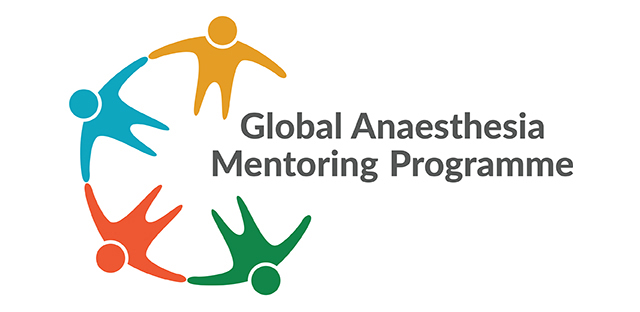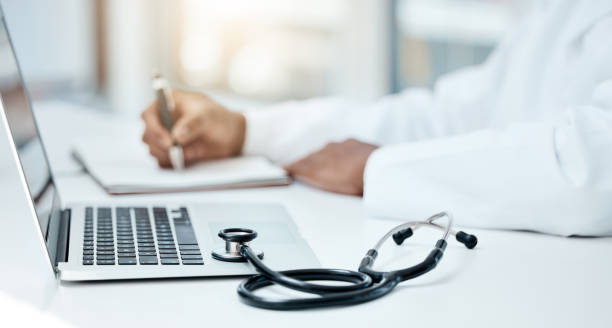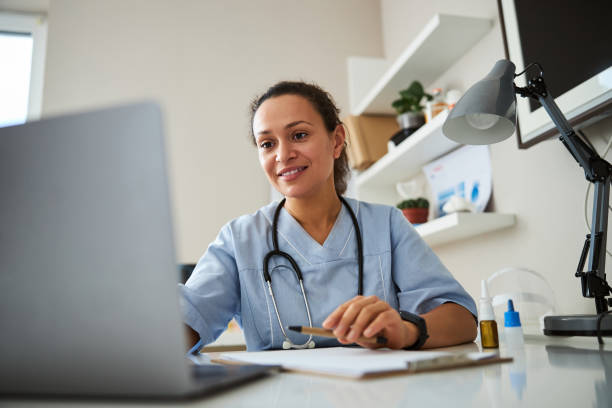Global Anaesthesia Mentoring Programme

The Global Mentoring Programme connects anaesthesiologists around the world. Helping to develop careers, share professional knowledge and build supportive networks. Mentorships are available in English, French and Spanish.
Who can apply:
All anaesthesiologists who are affiliated, active or honorary members of a WFSA Member Society.
Application deadline:
The deadline to apply for the Global Anaesthesia Mentoring Programme is 10 May 2024
How to apply:

Applying to be part of the programme is simple. You can apply for a English, Spanish or French speaking mentor/mentee partnership.
- Apply as a mentor (English)
- Apply as a mentee (English)
- Apply as a mentor (Spanish)
- Apply as a mentee (Spanish)
- Apply as a mentor (French)
- Apply as a mentee (French)
Benefits for the Mentee:
WFSA is looking for early-career anaesthesiologists (a medical resident or anaesthesiologist up to five years post-completion of their medical residency) looking for an opportunity to develop their knowledge, meet new people and expand their career prospects

- Advice: Confidential knowledge from an experienced anaesthesiologist, and guidance on career progression
- Networking: Opportunity to meet new people and understand anaesthesia practices and services elsewhere
- Governance: help with delivering quality improvement projects and governance, and assistance with problem solving
Benefits for the Mentor:
WFSA are looking for anaesthesiologists with more than five years of specialist experience, wishing to share their knowledge, experiences, and expertise in specific fields (ie, clinical work, career development, or leadership).
- Support WFSA: An opportunity to support our global anaesthesiology community
- Using knowledge: to share expertise and experiences and help bridge the generational and/or global surgery gap
- Make a difference: Help develop the next generation of anaesthesiology leaders by assisting in career development

All participants will receive a Global Mentoring Programme certificate of participation subject to completion of the feedback.
How are matches made?
Testimonials


Frequently Asked Questions (FAQs)
- Frequently asked questions (in English)
- Questions Fréquemment Posées (in French)
- Preguntas Frecuentes (in Spanish)






